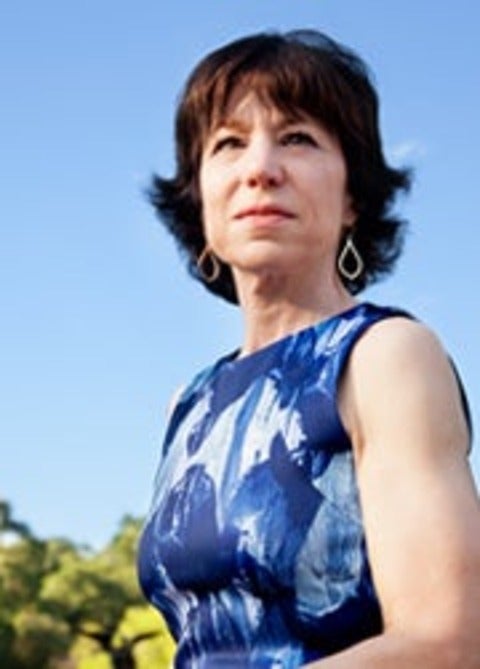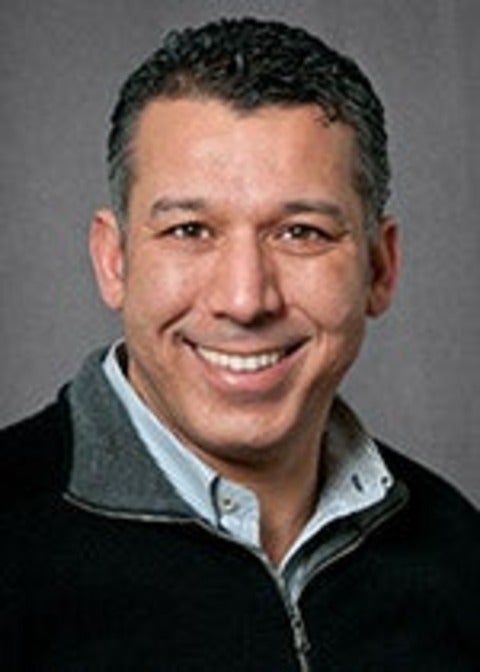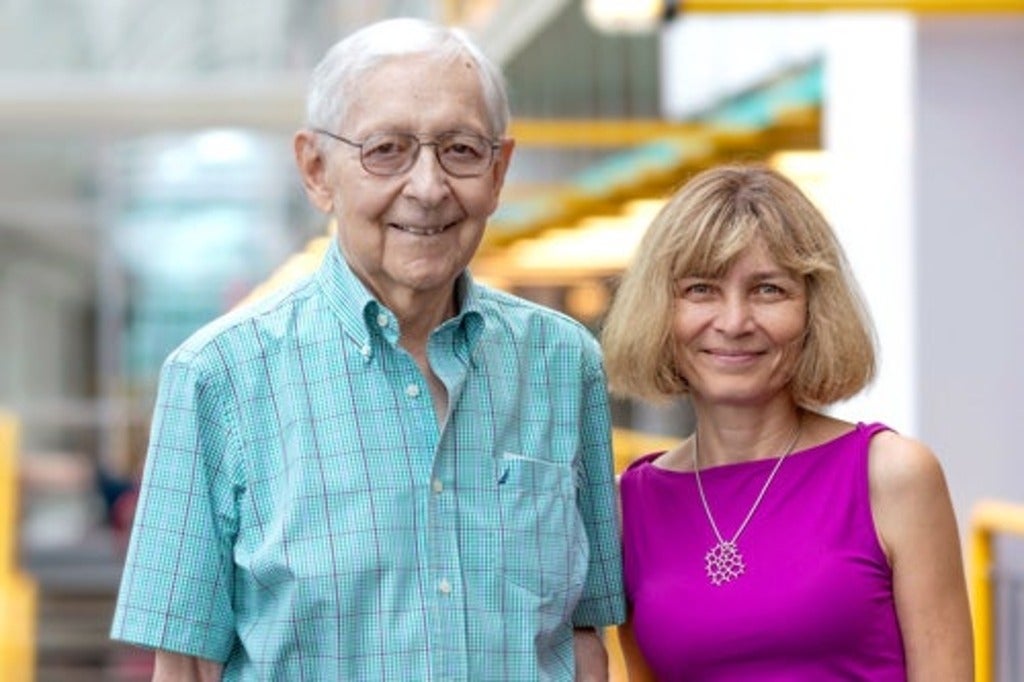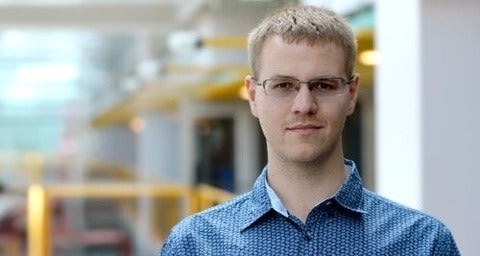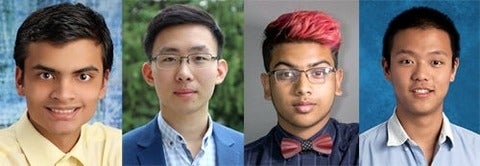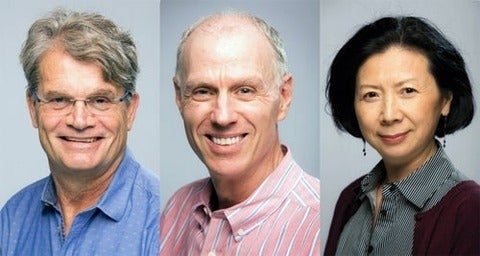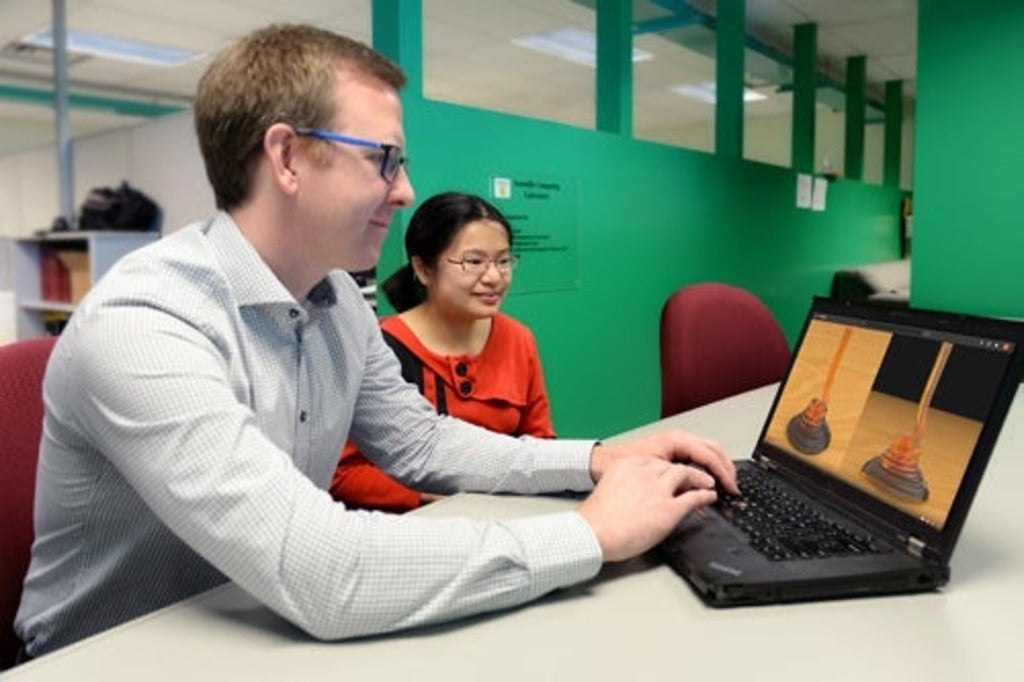TAR allows timely pre-confirmation review of Kavanaugh documents
As Judge Brett Kavanaugh faces the U.S. Senate Judiciary Committee during the second day of his Supreme Court confirmation hearings, debate rages on Capitol Hill if sufficient time is available for senators to substantially review the 42,000 documents released the night before his hearing was scheduled to begin concerning his time in the George W. Bush White House.
